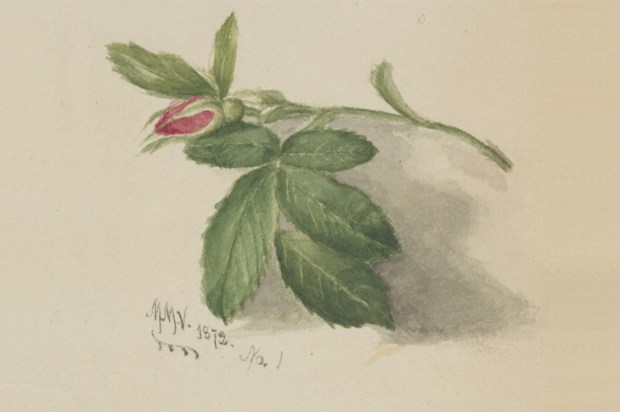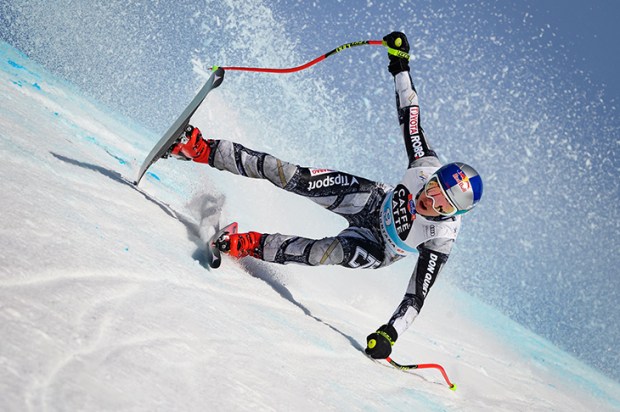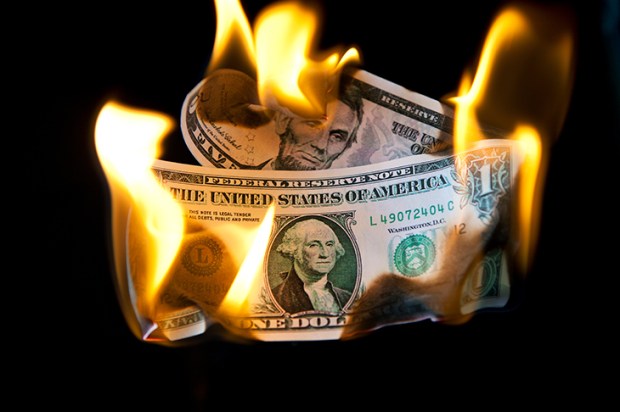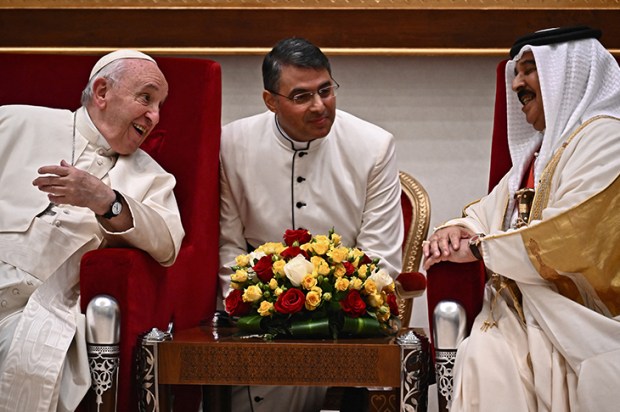First, the good news. The Greens have been delivered a swingeing blow in the lower house. Full of hubris, leader Adam Bandt laid out his conditions for supporting a Labor minority government, but Green pride came before a fall, with Bandt and two others losing their lower house seats, and the last Green in danger of joining them. This was delivered by the principled decision of the Liberals to put the Greens last and by the unprincipled decision of Labor to forgive 20 per cent of tertiary and Tafe debt that bought inner-city votes at a cost to the taxpayer of $16 billion.
As for the bad news, a good place to start is by stating what this election was not.
The superficial similarity with the Canadian election is that both opposition leaders – Pierre Poilievre and Peter Dutton – lost their seats, but that is where the resemblance ends.
Poilievre’s disciplined, policy-rich campaign delivered the highest Conservative vote share since 1988. His party’s support rose from 34 per cent in 2021 to 41 per cent in 2025, gaining 25 seats and bringing the Conservatives to 144 seats in the House of Commons, up from 119. He will continue as leader with a Conservative MP offering up his safe Alberta seat.
The key point is that Poilievre didn’t lose votes because he is like Trump or liked by Trump. When Trump criticised Poilievre for not being a ‘fan’, Poilievre shot back: ‘It’s true. I’m not Maga.’ He is a Canadian conservative who rebuked Trump’s tariffs and annexation taunts and declared that, ‘Canada will never be the 51st state.’
The unhelpful role Trump played was that by attacking Canada and Trudeau repeatedly, he energised demoralised Liberals and boosted turnout, which surged to 69 per cent – the highest since 2015, up from 63 per cent in 2021. That propelled Carney to victory, but Poilievre is within striking distance next time.
By contrast, the result in Australia is unambiguously catastrophic. The Coalition can only win 40 to 45 of 151 seats – the worst result in its history..
This also had nothing to do with Trump, who was a bit player in Labor’s disciplined, pitch-perfect campaign of vote-buying, which began in January.
The key reason for the loss was Dutton’s fatal indecisiveness. This was first evident when he refused to campaign against the Voice until the polls had already turned. The referendum was defeated not by his efforts but those of Jacinta Nampijinpa Price, Warren Mundine and Advance Australia. Thanks to that victory, the party went into the election with momentum.
Yet Dutton was too frightened to put out the policies his team had developed, too intimidated by the left wing of his party to campaign against Labor’s dangerous renewables policy, too spooked to allow anyone else to speak, and incapable of developing cut-through slogans. It was a blessing that he lost his seat – saving the country the cost of a by-election.
One has to wonder why Dutton was so desperate to be leader when he was so bad at it. It’s a question that comes to mind watching the unseemly squabbling and vicious anonymous briefing precipitated by the leadership vacuum.
It also evokes the attacks on prime minister Robert Menzies in the dying days of the United Australia Party government in 1941. As Menzies wrote, ‘The UAP had no clear policy, no zest for ideas, no great conviction of purpose. It had become a shadow of itself.’ The men around Menzies thought themselves better than him, attacking him as aloof or lacking the common touch. With no one behind him, he did the only honourable thing and resigned.
Yet Menzies went on to unite 18 different political, civic, and business groups – from former UAP members and small business associations to women’s organisations, anti-socialist leagues, free enterprise clubs and conservative independents from state and federal parliaments.
Menzies’ genius lay not only in bringing these disparate entities together but in giving them a unifying philosophical framework rooted in liberal democratic values, middle-class self-reliance, and opposition to socialism. In 1944, he founded the Liberal party. Within five years, they were the dominant force in centre-right politics and have governed for 50 of the 81 years since.
The next leader of the Liberal party must channel Menzies and address the dramatic fracturing of the centre-right vote, winning back disaffected conservatives, moderates and libertarians who deserted the Liberals for a patchwork of minor parties.
That person must act swiftly to rebuild a broad, inclusive centre-right coalition. That begins with listening to the concerns of those who turned to other parties or independents out of frustration and distrust.
On the right, a simple but powerful commitment to a fair dinkum, independent inquiry into the pandemic would send a clear signal that the party is no longer afraid to confront the failures of the past. This inquiry should cover everything from lockdowns and vaccine mandates to censorship of dissenting medical experts, the suppression of early treatments, the economic devastation of small business, and the erosion of civil liberties. On the left, the leader needs to spell out why a Labor-lite renewables policy will bankrupt the nation.
Menzies understood that victory would not come by chasing popularity or appeasing elites, but by arguing for principled policy and reconnecting with the mainstream. Today’s Liberals would do well to remember that lesson and reach out to the new forgotten people. To recover, they must rebuild – not just a campaign machine, but a movement rooted in principle, conviction, and courage.
Got something to add? Join the discussion and comment below.
You might disagree with half of it, but you’ll enjoy reading all of it. Try your first month for free, then just $2 a week for the remainder of your first year.













